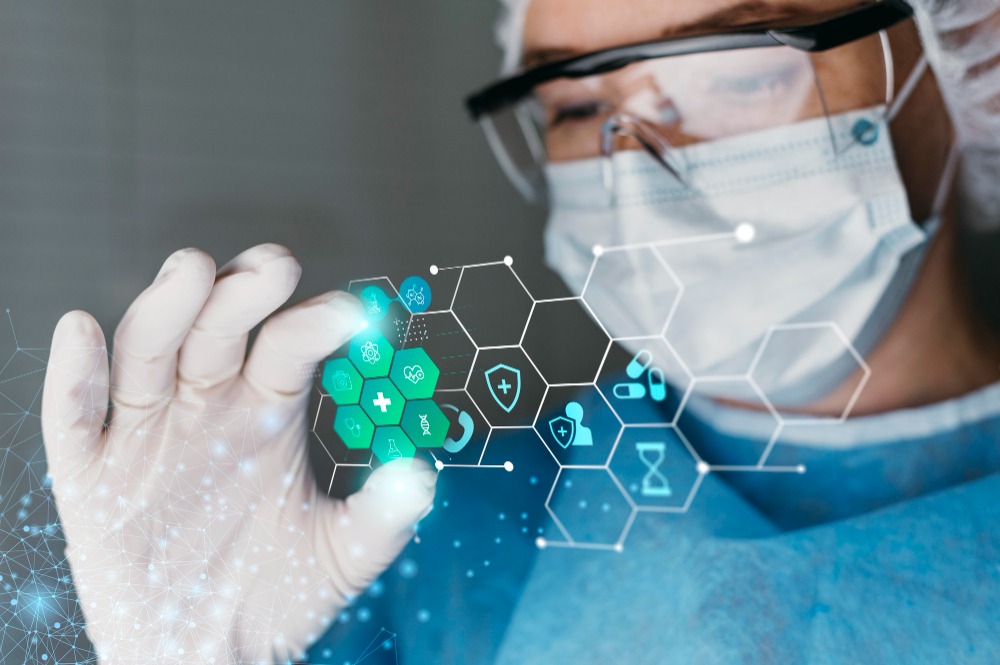Medical technology and innovations are constantly evolving, leading to significant improvements in patient care, diagnosis, and treatment.
i) Artificial Intelligence (AI)
Artificial intelligence is transforming the way medical professionals diagnose and treat diseases. AI-powered tools can analyze vast amounts of medical data, enabling doctors to make faster and more accurate diagnoses. AI-powered chatbots and virtual assistants can also help patients access medical information and advice, reducing the workload of healthcare professionals.
ii) 3D Printing
3D printing is revolutionizing the healthcare industry, allowing medical professionals to create custom implants, prosthetics, and surgical tools. 3D-printed models can also help surgeons plan complex surgeries and improve patient outcomes.

iii) Wearable Technology
Wearable technology, such as smartwatches and fitness trackers, can monitor a patient's vital signs and provide real-time health data. This technology can help patients track their fitness goals and alert healthcare professionals to potential health problems.
iv) Precision Medicine
Precision medicine involves tailoring medical treatments to individual patients based on their genetic makeup. This approach allows doctors to personalize treatments, improving patient outcomes and reducing the risk of adverse reactions to medications.

In conclusion, it can be said that medical technology and innovations are rapidly evolving, leading to significant improvements in patient care, diagnosis, and treatment. From AI-powered tools to wearable technology, these innovations are transforming the healthcare industry and improving patient outcomes. As technology continues to advance, we can expect to see even more exciting developments in the years to come.
